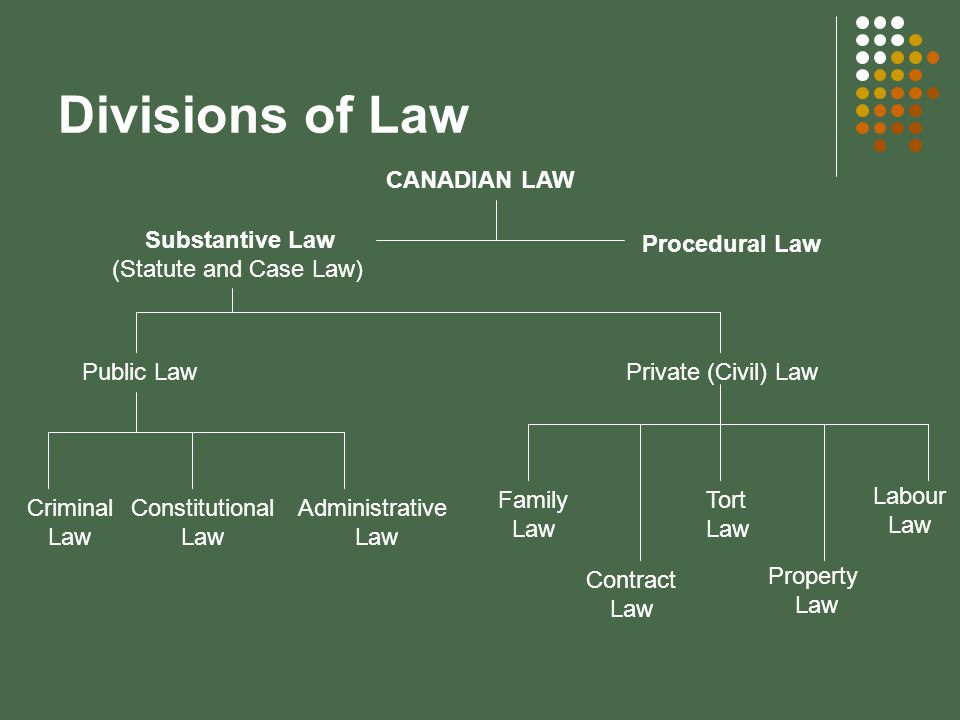In CIVIL proceedings — if adjudicator or opposing counsel asks you a question, can you exercise a right of silence, and refuse to answer? Does the answer change whether you are litigant or witness?
Tribunals + private law courts exemplify "civil". I'm NOT asking about criminal law here.
What's the Canadian equivalent of the High Court of England and Wales, which never hears criminal cases?

My question does not appear to be answered by Gary S. Joseph LL.B, LL.M., C.S. in his article.
Both evidence Acts indicate that a witness is not excused from answering an incriminating question or one that tends to expose the witness to liability in civil proceedings. In my search for case law on this topic, the clearest distillation of these related provisions comes from the Ontario Court of Appeal in the case of Catalyst Fund General Partner v. Hollinger Inc. [2005] O.J. No. 4666 at para 4. I quote as follows:
"In both Canada and the United States, the right to protection from self incrimination is an important right that is safeguarded. The difference between how that right is protected in Canada and the United States lies in the heart of this appeal. In Canada a person has the right not to have any incriminating evidence that the person was compelled to give in one proceeding used against him or her in another proceeding except in a prosecution for perjury or for the giving of contradictory evidence. Thus, in Canada, a witness cannot refuse to answer a question on the grounds of self-incrimination, but receives full evidentiary immunity in return. In the United States, a witness can claim the protection of the Fifth Amendment and refuse to answer an incriminating question. Once the answer is given, however, there is no protection."
Personal Facts
I am a Self Represented Litigant ("SRL") in a civil trial. Many judgments publicize a litigant's employer and company name. I hate to unveil my employer and company name! Why? In the past, opposing SRL's have contacted employers behind my back — including landlords from hell. An employee's reputation can ONLY be marred by threatening letters sent to her boss. No boss likes repeated complaints about an employee — even if complaints are inflammatory, waste of time, nuisance, frivolous, and/or vexatious! Sometimes these bad faith litigants didn't need allege anything about me — They just need to call, email, mail, visit my workplaces enough times to annoy my bosses, and make everyone suspect and distrust me! I had to pay lawyers, out of my own pocket, to send cease and desist letters to these frivolous SRL's — before they ceased harassing my workplace about me!
Of course, some of these frivolous plaintiffs did defame me. "A law firm or its process server can attempt to serve you at work". Some pretended to ask if my bosses can forward their communiqués to me, because they allegedly couldn't reach me at my personal contacts. Some filed false complaints about me, pretending to be my company's client.

